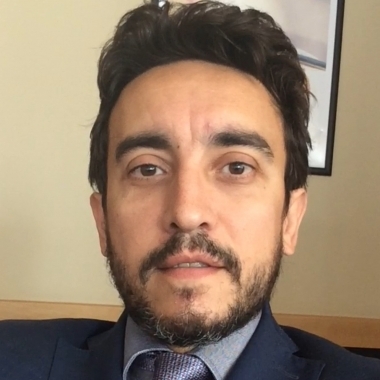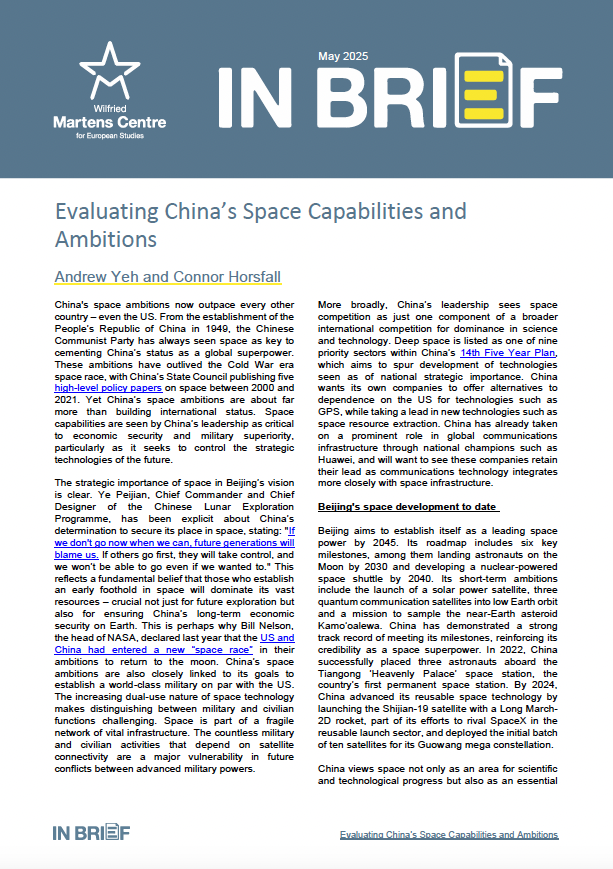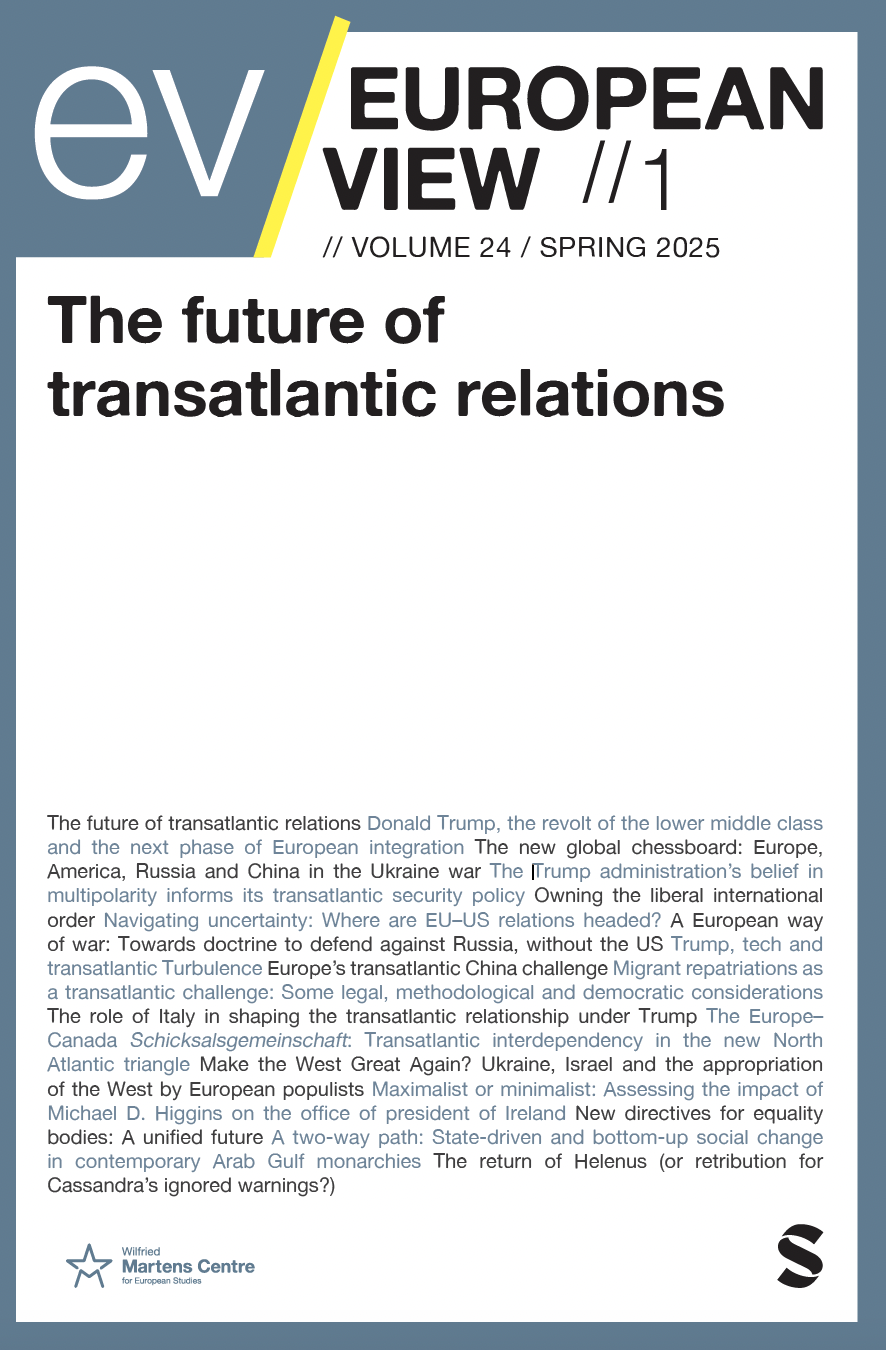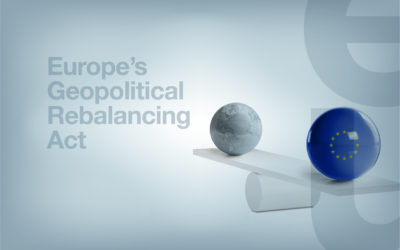The Paradox of European Soft Power
05 March 2014
Europe is strong on soft power. An integrated civil society can exert unified influence beyond its borders. European civil society, while increasingly integrated, benefits from being free from the homogenising forces of a fully developed political framework. It is able to establish flexible networks, links and communication channels, which combine the global power of its media, the brand appeal of its lifestyle industries and the diverse landscape of its many NGOs and political organisations. While largely invisible and diffuse, tireless interactions between civil societies help make the European Union a powerful global actor.
But soft power is limited, especially when it not supported by traditional foreign policy tools. First, it works much better in periods of peace than in emergencies. Second, it is naturally unstable, disorganised and scattered. It is difficult or impossible to use soft power to bring about specific outcomes.
The paradox of European soft power is that it seems to work much better outside than within the borders of the Union. By this I mean that it is often much easier for European civil society to exert a direct influence over civil societies in other parts of the world than to shape European policies and institutions. This may actually be the reason behind the global strength of European civil society. Its agents know that their best hope is to establish direct links across borders. They feel pressed to do so by the relative lack of an established political channel.
My opinion, however, is that this absence poses fundamental problems for Europe and this will have to be addressed. Obstacles to a more direct form of communication and influence between European civil society and EU political institutions are a great source of weakness. On the one hand, EU institutions will suffer from discontinuities for as long as they cannot receive some more direct form of support from European civil society. On the other, social and economic actors in Europe will increasingly feel the need for more traditional tools of foreign and security policy in order to adequately protect their interests. The European Neighbourhood Policy and Maritime Security Policy are two examples of this lack of political integration.
The European Neighbourhood Policy (ENP) is based on the Union’s own experience of economic integration. This “size fits all” approach is difficult to implement in light of a changing global environment; deprived of a deeper kind of democratic accountability, the ENP is fated to remain excessively legalistic, technocratic, and almost exclusively focused on long-term engagement. Stefan Lehne, among others, has argued that the next stage of the ENP should be more political and incorporate instruments for short-term impact. The abilities to establish distinctions and to act swiftly are properties of political power.
Similarly, the EU should reassess its Maritime Security Strategy in view of on-going changes to the maritime environment, which challenge its economic interests. International trade is largely affected by interconnected production chains but also non-state actors like pirates and terrorist networks. Rising economic powers will no doubt question the limits of their territorial waters, while deep-see mining is becoming more and more feasible and economically attractive.
What we have here are two ways of looking at the same problem. The ENP has suffered from the fact that the links now existing between European civil society and EU institutions are not strong enough for higher levels of democratic legitimacy. The European Security Strategy is a good example of how European civil society will quickly need stronger political instruments to ensure that its economic interests are adequately pursued and protected.
In the coming months, European policy makers will have to think hard about the best ways to start invigorating these links, so that European soft power – the network power of civil society – can work as well inside our borders as it does outside them.
[Summary of a speech given at a conference entitled “Is Europe Still a Global Player?” at the EU House in Nicosia, Cyprus on 26th February 2014].
Sources:
Timo Behr, et al., “Maritime Security in a Multipolar World: Towards an EU Strategy for the Maritime Commons”, The Finnish Institute of International Affairs, May 2013. Available at: http://www.ui.se/eng/upl/files/91707.pdf
Stefan Lehne, “Time to Reset European Neighborhood Policy”, Carnegie Europe, February 2014. Available at: http://carnegieeurope.eu/2014/02/04/time-to-reset-european-neighborhood-…
Jan Techau, “How to Breathe New Life Into the European External Action Service”, Carnegie Europe, 7 January 2014. Available at: http://carnegieeurope.eu/strategiceurope/?fa=54102
Susi Dennison, et al., “Why Europe Needs A New Global Strategy”, European Council on Foreign Relations, October 2013. Available at: http://ecfr.eu/page/-/ECFR90_STRATEGY_BRIEF_AW.pdf
ENJOYING THIS CONTENT?






















